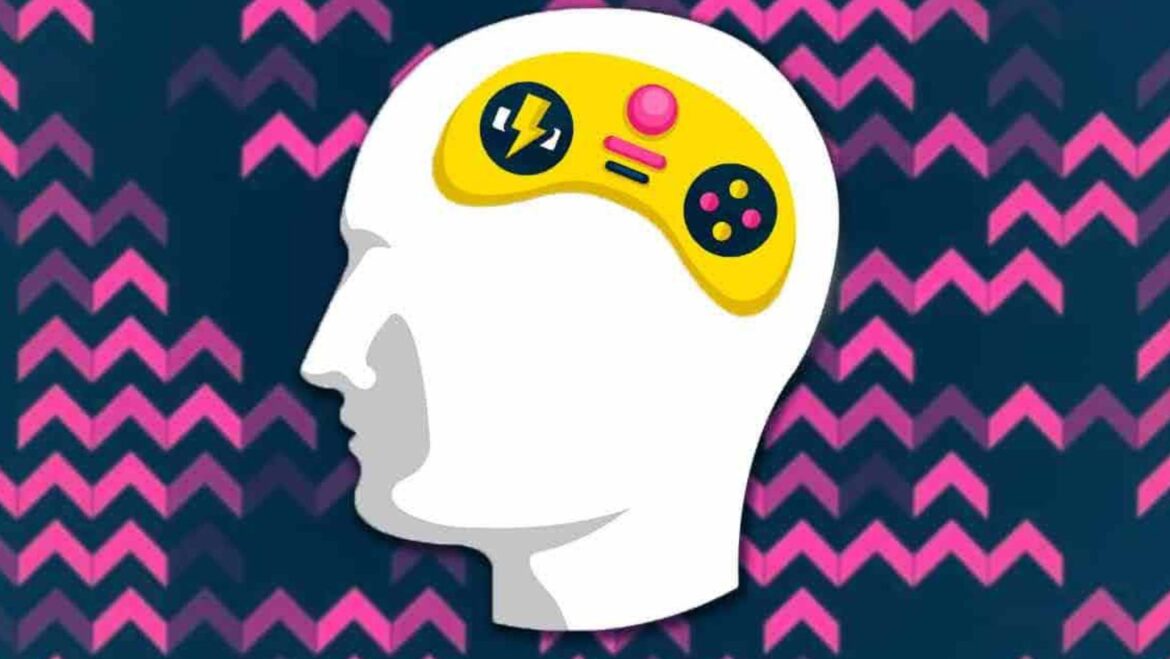Video games are often associated solely as entertainment or hobbies, but they also have a number of positive and beneficial factors. For example, they can build cognitive and social skills better than many different training exercises. How is this possible? Easy, most modern games encourage teamwork, problem-solving and team communication, which helps develop emotional intelligence and social behaviour.
From esports to story-driven adventures, video games offer experiences that require players to manage emotions, collaborate with others, and navigate complex social interactions. In this article, we’ll show you how different game genres help players develop important emotional and social skills that extend beyond the virtual world.
How Multiplayer Games Enhance Teamwork, Communication, and Leadership Skills
Let’s start our story with eSports, as it is the backbone of the gaming industry. Multiplayer games are not only fun, but can also be a job. They are structured environments where players must cooperate, adapt, and communicate effectively to achieve common goals. This is best seen in Dota 2, LoL, and CS2, where strategy, reaction time, thinking, conflict resolution, and teamwork skills play an important role. Players need to coordinate actions, know all league news of legends, delegate tasks, and make quick decisions under pressure, developing leadership skills. Don’t forget about the game mechanics, as learning all of them also takes time and improves memory.
Multiplayer games not only provide interesting game play experience, but also help players build their patience and adaptability while working with different personalities and skill levels. There’s a whole different dynamism from playing with friends to playing with strangers. When you know each other, it becomes much easier to resolve conflicts and forge solutions. Thus, gamers will learn to solve conflicts, give constructive criticism, and help their teammates when times are tough. Such interactions mirror collaborating in the real world; therefore, they enhance valuable interpersonal communication skills transferable to workplace environments, educational institutions, and casual social interactions.
The Role of RPG and Story-driven Games in Fostering Empathy and Emotional Intelligence
Not all players like esports, so it is worth talking about other genres. Role-playing games (RPGs) and storytelling are equally immersive, offering complex storylines where players have to make ethical decisions and interact with different characters.
Games like The Witcher 3, Life is Strange, and Detroit: Become Human, have become real bestsellers also because of their mental skills requirements. These titles force players to navigate moral dilemmas, recognise the emotions of characters, and understand the consequences of their actions.

If you speak or do anything, no matter how huge or insignificant it might seem, initiate a thought process as everything connects in these games with one’s actions. This kind of experience increases the player’s ability to read emotions – real and imagined and also contributes to better understanding in social awareness and relationships in real life.
The Impact of Gaming on Emotional Regulation in Social Interactions
The gaming industry is quite variable, and depending on the genre, the player can be in a tense environment or a relaxed one. Competitive games usually put players in a tense environment that requires emotional regulation and resilience. Sandbox games are the best example of how players can relax, thinking more about the game process than the result. But, even so, players encounter each other and emotional regulation of social interactions plays an important role.
Gaming teaches the individual to manage their frustration, stay calm under pressure, and refine mental discipline; all valuable traits to possess whether the individual is gaming alone or with teammates. Games like Counter-Strike 2, Valorant, and StarCraft II ask players to keep their composure and adapt to the challenges thrown at them. Thus, players develop better emotional control in real-life situations when faced with stressful gameplay conditions. In doing so, they learn the value of good manners in the face of both victory and loss, how to replay past failures and learn from them, and a sense of camaraderie; these are all social skills that competitive gaming goes so far into teaching.
Social Interactions in Online Gaming Communities and their Real-life Implications
In online gaming communities, players are capable of forming friendships, organizing, and engaging in other people’s lives. Communication, collaboration, and cultural comprehension are parts of the good outcomes such communities have with players. Games such as Minecraft, World of Warcraft, G.T.A 5 or even Fortnite are the best example. Online have also made it possible for players to meet and interact with other people from different places or societies and develop up to a level of welcoming and open. Although there may be instances of toxic behavior, online communities can bring about the development of behaviors towards responsible gaming and positivity within them, which can, in turn, foster good social behaviors beyond the online community.

Moreover, the above-mentioned multiplayer games would evoke that sense of belonging and foster a certain camaraderie which would happen when you find a team in collaboration, doing something to achieve common goals, like they would do winning a regular match or that of a tournament. Virtual set-ups would seem to be opening opportunities for accessing something from everyone. Friends made this way would usually not be boundary-restricted, thus allowing a gamer to be able to come across different perspectives and cultures whilst trying to enhance the former’s empathy and understanding. This can be helpful both personally and professionally, as gamers create better social intelligence by being encouraged to manage challenges and rejoice in achievements together.
Conclusion
So, actually, gaming is more than just entertainment; video games have become an important means of developing emotional intelligence and social skills. Regardless of what skills you need, playing games can improve both teamwork and resilience in competition or teamwork. Although they still face some challenges, harnessing the positive aspects of gaming is already being used extensively and is showing good results in increasing emotional awareness, improving communication and strengthening social relationships in real life.



